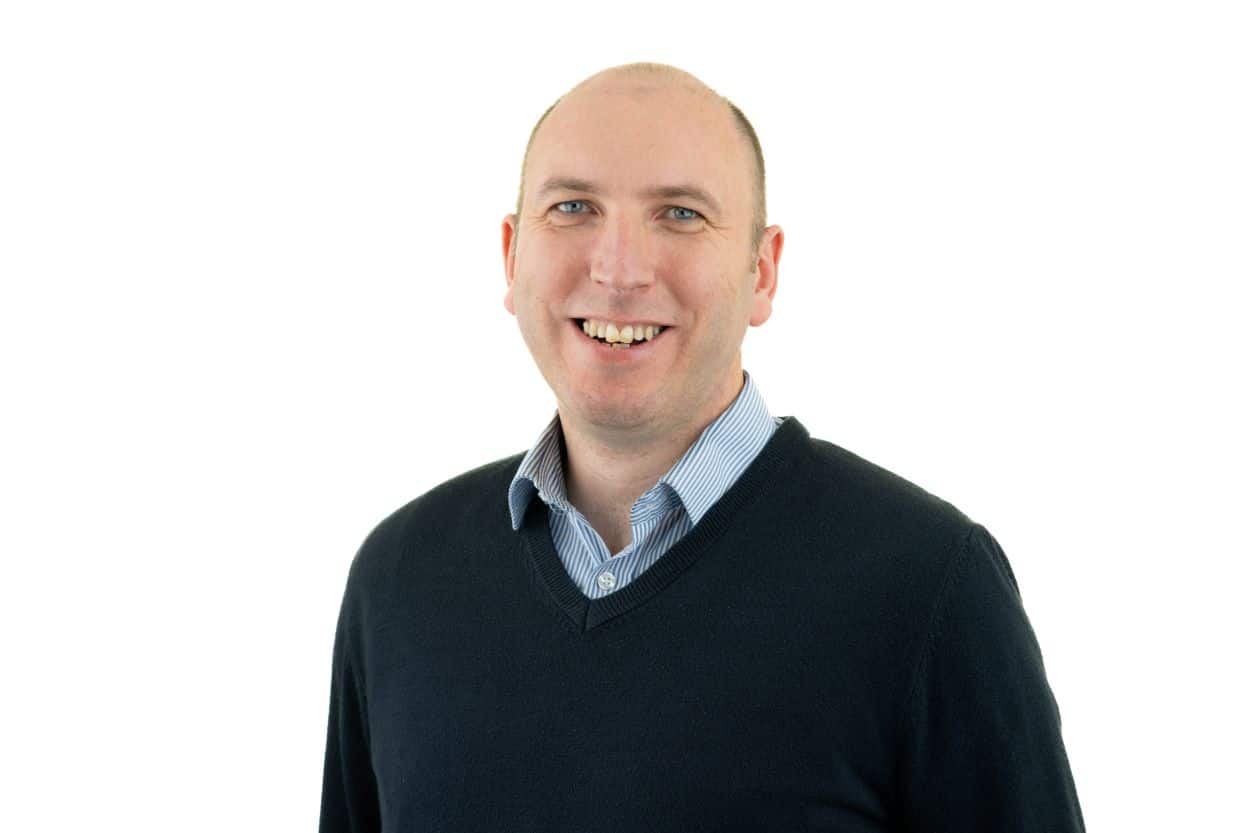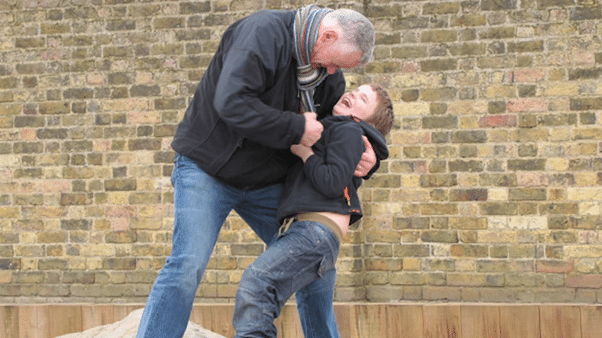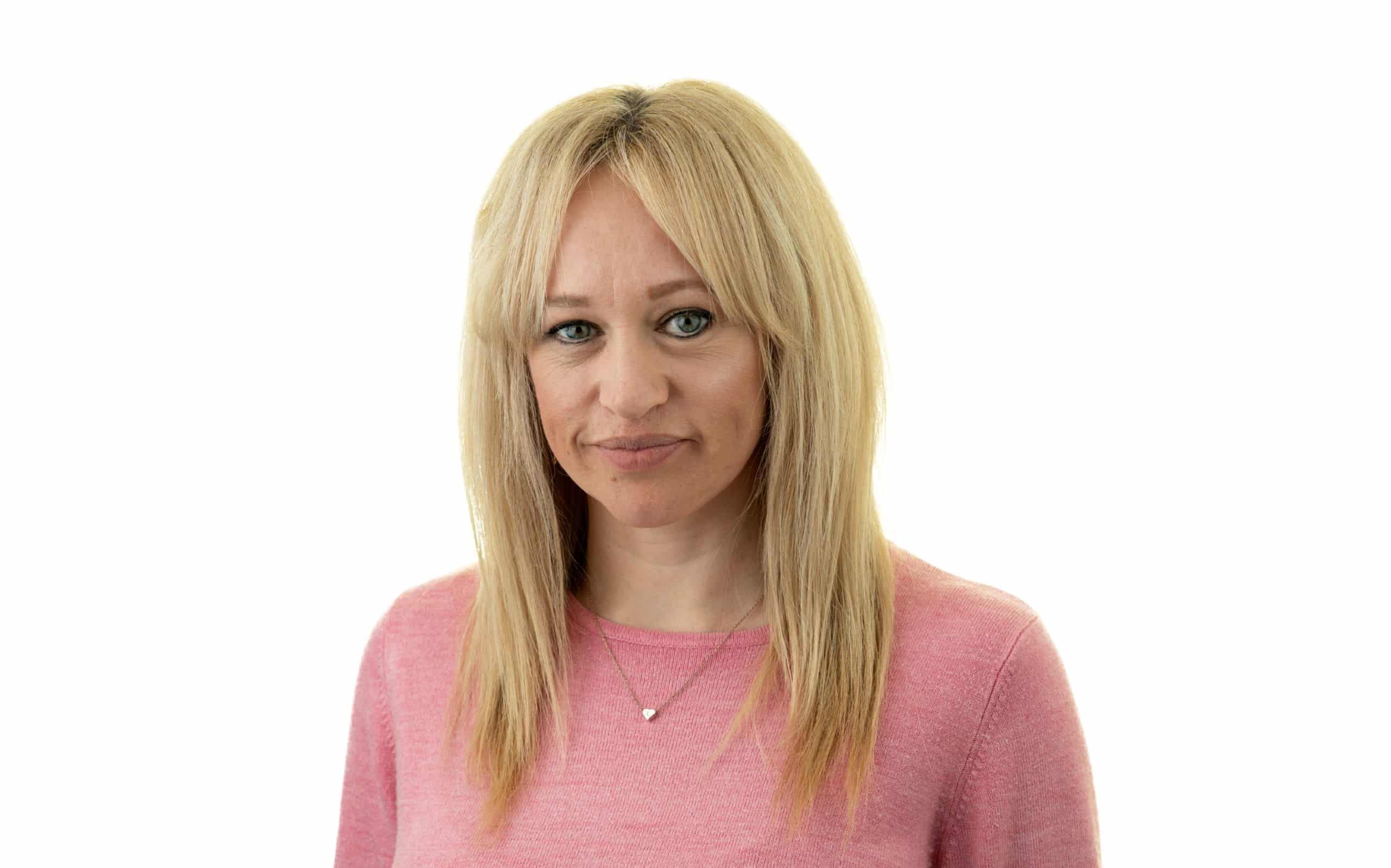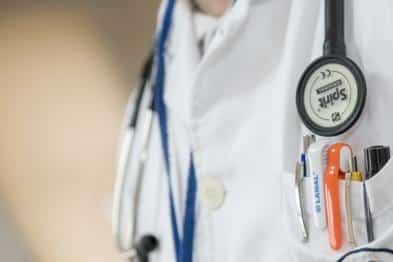
 " alt="">
" alt="">

Reviewed by
Peter Rigby - Director of Medical Negligence
We've got your Hospital Acquired Infection Claim covered
- No win No fee
- Not just lawyers - real specialists
- No obligation
- UK's highest-rated medical negligence solicitors
Although standards are in place to maintain safe and sterile environments in hospitals, there are unfortunately instances where they may fall short. This can result in hospital acquired infections which exacerbate the patient’s condition and hinder their recovery process.
If you believe you have suffered medical negligence in relation to a hospital acquired infection, reach out to us at Patient Claim Line. We will quickly assess your claim and tell you whether you have grounds to pursue a hospital acquired infection claim.
Find out if you
have a claim
Take the 10-second claim test
Free Advice
03300 080 352
claim form
We're the highest-rated No Win No Fee medical negligence solicitors on Trustpilot
What Is A Hospital Acquired Infection?
Hospital Acquired Infections, also known as healthcare-associated infections (HAIs), are infections developed by patients while receiving treatment in a hospital or other healthcare facility. They are becoming a significant public health concern – out of every 100 patients, seven patients in high-income countries and 15 patients in low-middle income countries will acquire at least one hospital acquired infection during their stay.
Hospital infections are caused by bacteria, viruses and even parasites. They can be prevented by hand-washing, using sterile equipment in hospitals, and appropriate use of antibiotics.
Although some of these infections can be treated, many can have more severe consequences – leading to prolonged hospital stays, increased medical expenses, and significant distress for patients. In the most severe cases, these infections can be fatal. According to data from WHO, one in every ten affected patients will die as a result of their hospital acquired infection.
If you have suffered as a result of a hospital acquired infection, no matter how serious, you may have a hospital acquired infection claim and deserve compensation.
Am I Eligible To Make A Hospital Acquired Infection Claim?
If you’re looking to claim compensation for a hospital acquired infection, it is important to note that a claim can only be pursued where the infection has occurred as a result of negligence. If you are unsure about the level of care you have received, our specialist hospital acquired infection solicitors can assess the validity of your claim.
You may be entitled to compensation if you meet the following criteria:
- You were admitted to hospital for treatment
- The care provided by a medical professional fell below reasonable standards
- You contracted a hospital infection as a result
While a hospital acquired infection is a serious matter, it doesn’t automatically guarantee compensation. To have a valid claim, you must prove the medical staff’s negligence directly caused your suffering.
If you’re unsure whether you have a strong case or need help gathering evidence, our legal experts can provide guidance. They’ll discuss your experience, assess your circumstances, and help you understand your legal options. With your permission, we’ll investigate thoroughly and build a strong case on your behalf, offering support throughout the entire process.
What Is Considered A Hospital Acquired Infection?
For an infection to be considered ‘hospital acquired’, it must first appear 48 hours or more after hospital admission or within 30 days after discharge.
Some of the most common hospital acquired infection claims we deal with are:
- MRSA Claims – This is a tough bacterium that causes infections right across the body. It’s an advanced version of Staphylococcus Aureus (Staph) and it’s incredibly resilient to everyday antibiotics.
- C. Difficile Infections – Clostridium difficile, also known as C. difficile, is one of the more unpleasant hospital acquired infections. People who have been treated with antibiotics can be more vulnerable to this infection.
- Enterococcal infections – Claims for hospital acquired infections sometimes include Enterococcal infections. They are caused by bacteria and can cause a number of nasty infections, including UTIs and meningitis.
- Acinetobacter infections – Acinetobacter is a group of bacteria commonly found in soil and water. It can cause pneumonia, and infections in the blood and urinary tract.
What Is The Most Common Hospital Acquired Infection?
Hospital acquired pneumonia is the most common hospital acquired infection. It affects 0.5% to 1.0% of hospitalised patients (8 in every 1,000 people in the UK). It is also the leading cause of infection-acquired deaths.
Pneumonia is an infection of the lung tissue; it affects the air sacs, resulting in a build-up of fluid which causes breathing difficulties. All patients are susceptible to this type of infection, with young children and elderly patients being particularly vulnerable. MRSA usually causes hospital acquired pneumonia.
What is MRSA?
MRSA is a bacteria now known as a “superbug” as it has become resistant to several antibiotics.
It poses a life-threatening risk, especially to individuals with weakened immune systems. Without early recognition and diagnosis, it can progress into various infections, including pneumonia, urinary infections, toxic shock syndrome, and heart infections.
It is crucial that hospitals work to prevent the spread of MRSA by screening patients before their admission and following stringent hygiene measures inside the hospital setting. If you suspect you’ve acquired MRSA due to medical negligence, don’t wait. Contact us today for expert legal guidance and support.
Causes Of Hospital Acquired Infections
While hospital stays are crucial for receiving medical care, they also carry the unfortunate risk of acquiring infections. These hospital acquired infections can be life-threatening and leave you wondering if something could have been done differently.
Common causes of hospital acquired infections include:
- Invasive procedures:
Surgeries and catheters are necessary for many treatments but they can create entry points for bacteria. If these procedures were not performed with sufficient infection control protocols, you may have a surgery acquired infection claim.
- Antibiotic overuse:
Overuse of antibiotics contributes to antibiotic resistance, making infections harder to treat. Your medical professionals should have only administered antibiotics when truly necessary and given you the appropriate dosages.
- Hygiene negligence:
Failure to perform appropriate hand hygiene is a leading cause of healthcare associated infections because proper hand washing is essential for preventing the spread of germs. Were proper hand hygiene protocols followed by healthcare staff during your treatment?
- Weakened immune system:
Patients with compromised immune systems are more susceptible to hospital acquired infections. When you are admitted to the hospital, your carers must take appropriate precautions to minimize infection risks based on your health condition.
- Contaminated environment:
Inadequate cleaning of surfaces and equipment can harbour bacteria. Evidence that your hospital’s environment was not maintained with disinfection practices may constitute a negligence claim.
If you have concerns about negligence surrounding any of these factors, we’d advise seeking legal counsel from medical malpractice experts. We can help you understand your rights, navigate the legal process, and determine if you have a valid compensation claim.
How Much Compensation Could I Claim For A Hospital Acquired Infection?
Due to the unique nature of each case, we cannot provide specific figures for a compensation payout. Several factors influence the potential compensation, including the severity of the negligence, the type of infection, and the personal impact. While we cannot determine the exact amount of compensation for a hospital-acquired infection claim, NHS negligence compensation can vary significantly, ranging from £1,000 to millions of pounds in exceptionally severe cases.
Compensation for hospital acquired infections can be categorised into two distinct types of damages: general damages and special damages.
The first type of compensation is called “general damages.” They aim to compensate you for the physical and emotional suffering you experienced due to the harm caused by the negligence. For example, if improper IV placement led to a bloodstream infection, the physical pain, emotional distress, and loss of function you endured would be considered under general damages.
“Special damages” are the second type of claim that you could receive for a successful hospital acquired infection claim. This focuses on reimbursing you for the out-of-pocket expenses caused by the negligence.
For example, if a healthcare worker neglected proper hygiene protocols while changing your urinary catheter, leading to an infection, you could be compensated for the cost of antibiotics and pain relief.
Special damages can also cover the cost of taking time off work, childcare, home adjustments, prosthetics, and more. For more details on what special damages compensation can cover, don’t hesitate to contact our team.
WE’RE TRUSTED HOSPITAL INFECTION COMPENSATION CLAIM SOLICITORS
As specialist hospital infection solicitors, we have a great success rate.
We will not only fight to bring your case to justice, but we’ll also ensure you are treated with empathy every step of the way.
It’s in our nature to put you first. Hospital acquired infections as a result of negligence can be a nasty and unpleasant business, therefore the last thing you need is a lot of paperwork when managing your claim.
By trusting Patient Claim Line to secure your compensation for hospital infection you’re joining thousands of others who have received the very best care and legal professionalism available.
Why Choose Patient Claim Line for your Hospital Acquired Infection Claim?
Not just lawyers — medical negligence experts
Patient Claim Line was established in 2014 and consists of a team of medical lawyers specialising in cancer negligence and general medical negligence claims.
At Patient Claim Line we have more than 100 solicitors with a combined experience of over 400 years and they will work on your behalf to achieve the best result possible for you.
It’s not enough to use a solicitor who sometimes covers medical negligence. You need someone who knows this area through and through. That is what the solicitors here at Patient Claim Line do. They deal exclusively in this area of law and are experts in the field.
Frequently asked questions about Hospital Acquired Infections Claims
Our expert legal team answer your questions about making a Hospital Acquired Infection Claim
Determining the cause of a hospital acquired infection is a complex process that requires professional medical expertise and legal knowledge. Our medical lawyers will help you determine if your infection was the result of medical negligence.
Some factors can contribute to you acquiring an infection in the hospital due to negligence, these include:
- A hospital’s failure to meet hygiene standards
- Inadequate aftercare or dressing of wounds following surgery
- A failure to reduce or prevent the spread of infection from one patient to another
- The use of un-sanitised equipment
Having medical evidence for your hospital acquired infection claim will increase your chances of success. An example of this could be notes or witness statements detailing any negligent actions that may have taken place, such as your wounds not being adequately cleaned. Gathering details of the treatment you received in the hospital will enable an investigation to be made to check if the medical professionals involved took the necessary measures to prevent you from acquiring an infection.
There are times and circumstances in which you can claim on behalf of a loved one, whether they are a parent, partner, or child. For more information take a look at our guide to making a claim for someone else.
Meet our Hospital Acquired Infection Team
Case Study
Vincent's Story
"He's always there for us"
At the age of 2 we noticed our son Vincent had trouble with his hearing. We had this testing over a number of years and were repeatedly told there was nothing wrong.
Initially we thought this was a speech and language problem, this wasn't the case. It took 4 to 5 years of assessments, with the constant response that there was nothing wrong with his hearing. A different test was them carried on Vincent overnight where it was found he was profoundly deaf.


After years of frustration we were finally able to provide Vincent with the support he required and received an implant. This has enable Vincent to be able to hear. The support from our solicitors has enabled to to gain access to specialist which have supported Vincent in closing the gap in his speech he lost out on to his peers.




